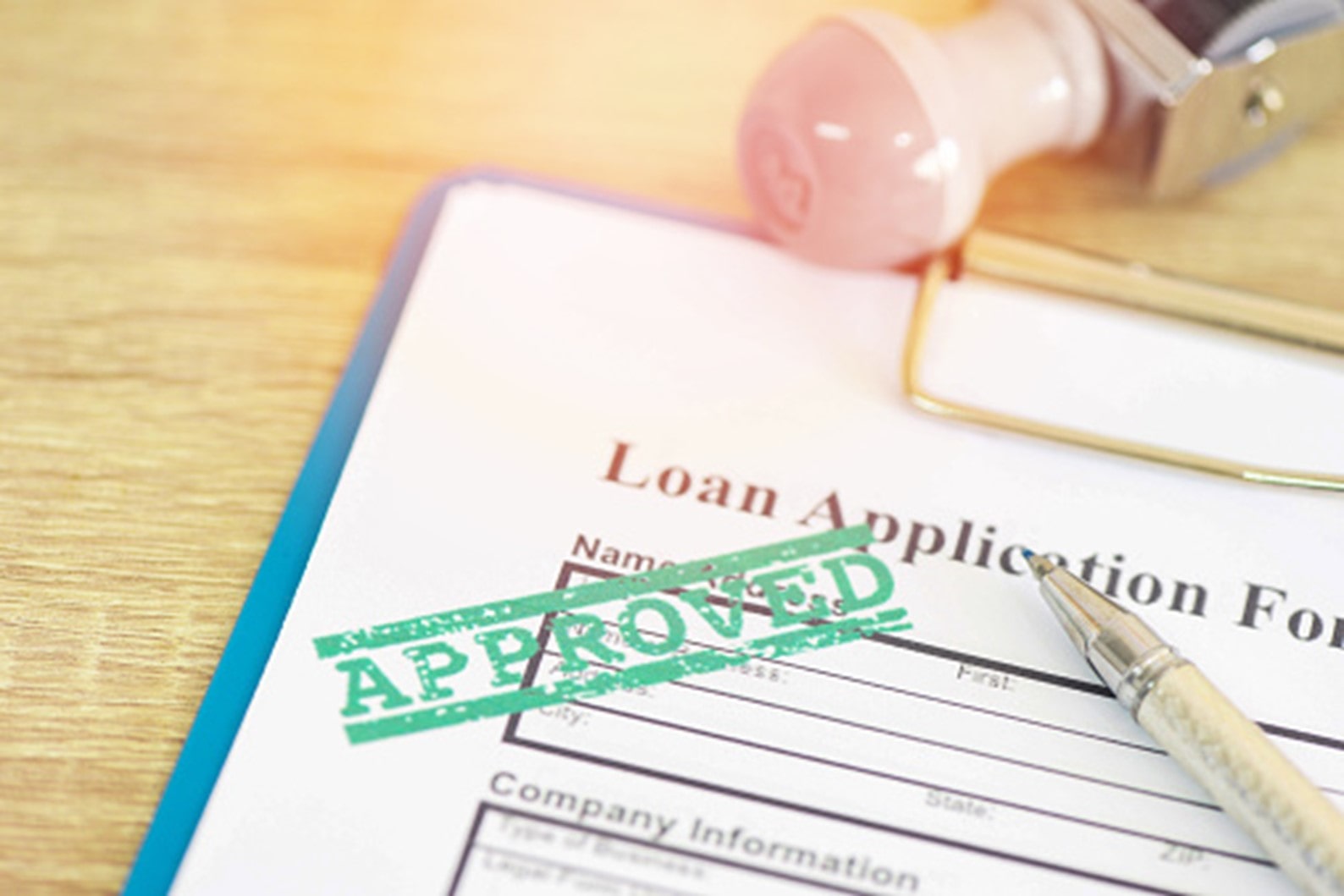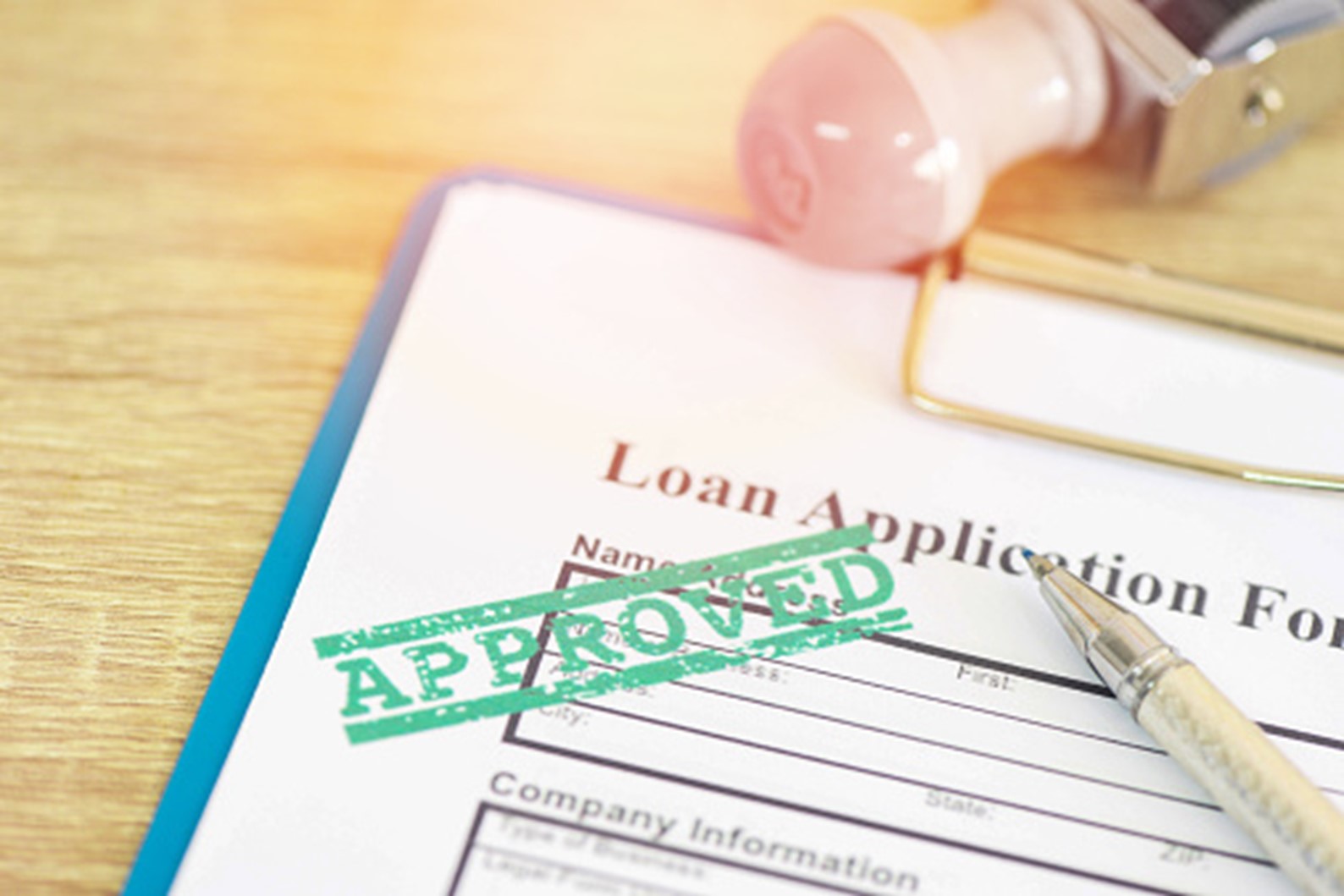
Once a loan is paid off, a property owner may think they have the only interest in the property, however this is not the case. While you can pay off your loan the mortgage does not automatically go away with the last payment. Here is what you need to do to get remove a mortgage once it has been paid off.
Difference Between Loan and Mortgage
A loan is an agreement between buyers and where the bank will lend the buyer money to purchase a property on the basis the buyer repays the loan amount over an agreed period of time. A mortgage is a document that registers a bank’s interest in the property because they have provided the buyer with a loan amount. What this means when a buyer repays their loan to the bank, is that the agreement between the buyer and the bank comes to an end. However, the bank’s interest on the property remains on the title until the buyer (now being the registered property owner) and the bank agree to release the mortgage on the title.
Advantages for Releasing Mortgages
The advantage for releasing the mortgage is that the bank’s interest over the property you own is removed. This will allow you to sell your property freely without having to notify the bank of the property selling.
This can be extremely advantageous as there has been a huge increase in buying and selling properties. Because of the high demand, banks are taking longer to process mortgages and discharges. This can prove harder to achieve quick turnarounds between the contract and settlement dates.
The Risk of not Releasing your Mortgage before you Sell
You may have good reason not to pay your mortgage off early, for example having to pay penalties if your close your current loan account. However, if you obtained a loan when purchasing the property, the bank will have lodged a mortgage over the property to protect its financial interest. It is important to remember that once you have paid out your loan, it does not automatically remove the bank’s interest in the property. When selling your property the bank’s interest over the property recorded on the title will need to be removed.
Too often a seller has paid out their mortgage and has not let the bank know of the sale contract because they believe the bank no longer has an interest in the property. As the mortgage is still registered on the title, a buyer will refuse to effect settlement until the mortgage is released as the risk is that the mortgage (and payment obligations) will be transferred to the new buyer.
Therefore, regardless of whether you had already paid out your mortgage you should let your bank know of the sale immediately after signing the contract. This will give you and your bank enough time to determine whether there is still a registered interest over the property. If there is a registered mortgage over the property then your bank will require you to fill out the necessary paperwork to discharge it.
Steps to Getting the Bank to Release the Mortgage
To get the bank to remove its interest in the property from the title you will need to:
- if the loan has been paid out, notify your bank you have made the final loan payment; or
- if you have not yet paid out your loan but have signed a contract to sell your property, notify the bank of the sale and provide them a copy of the Contract;
- complete and return any and all documentation issued by the bank to discharge the mortgage over the property. You should also confirm with the bank a payout figure for the loan or whether there are any fees or interest that is required to be paid;
- once the discharge has been processed by the bank they will provide a form of Release of Mortgage which will be provided to a buyer at settlement. If there is no contract of sale, the bank will lodge to Release of Mortgage form at the Titles Office.
Conclusion
Remember that once you have paid out your loan it does not automatically remove the bank’s interest over the property. If you have entered into a contract to sell your property, or you would like the bank’s interest over the property to be removed once you have paid out the loan, you should:
- contact the bank and notify them of your intention to sell the property or to have their interest in the property removed;
- complete and return any documentation provided by the bank as soon as possible so the bank has enough time to process the documents and prepare necessary paperwork to release the mortgage from the Title. This is particularly important if you have entered into a contract to sell your property so the bank can attend to this at settlement; and
- have the Titles Office Release of Mortgage Form ready to give to the buyer at settlement so they can have your bank’s interest removed from the title.
If you have any questions or require assistance with a release of mortgage or conveyancing matter in Queensland, please contact the property team at NB Lawyers for more information.
About the Author

Kayleigh Swift, Director
NB Property Law
[email protected]
(07) 3876 5111
Kayleigh Swift is a Director of our Property team who showcases her expertise in Commercial and Residential property matters.. With a high level of experience in commercial and retail leasing, voluntary and involuntary purchase and sale acquisitions and property development matters, Kayleigh provides practical advice to ensure smooth property transactions.

